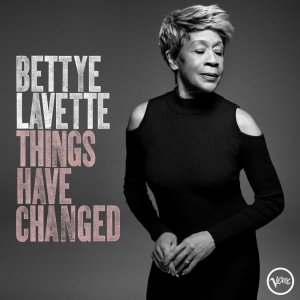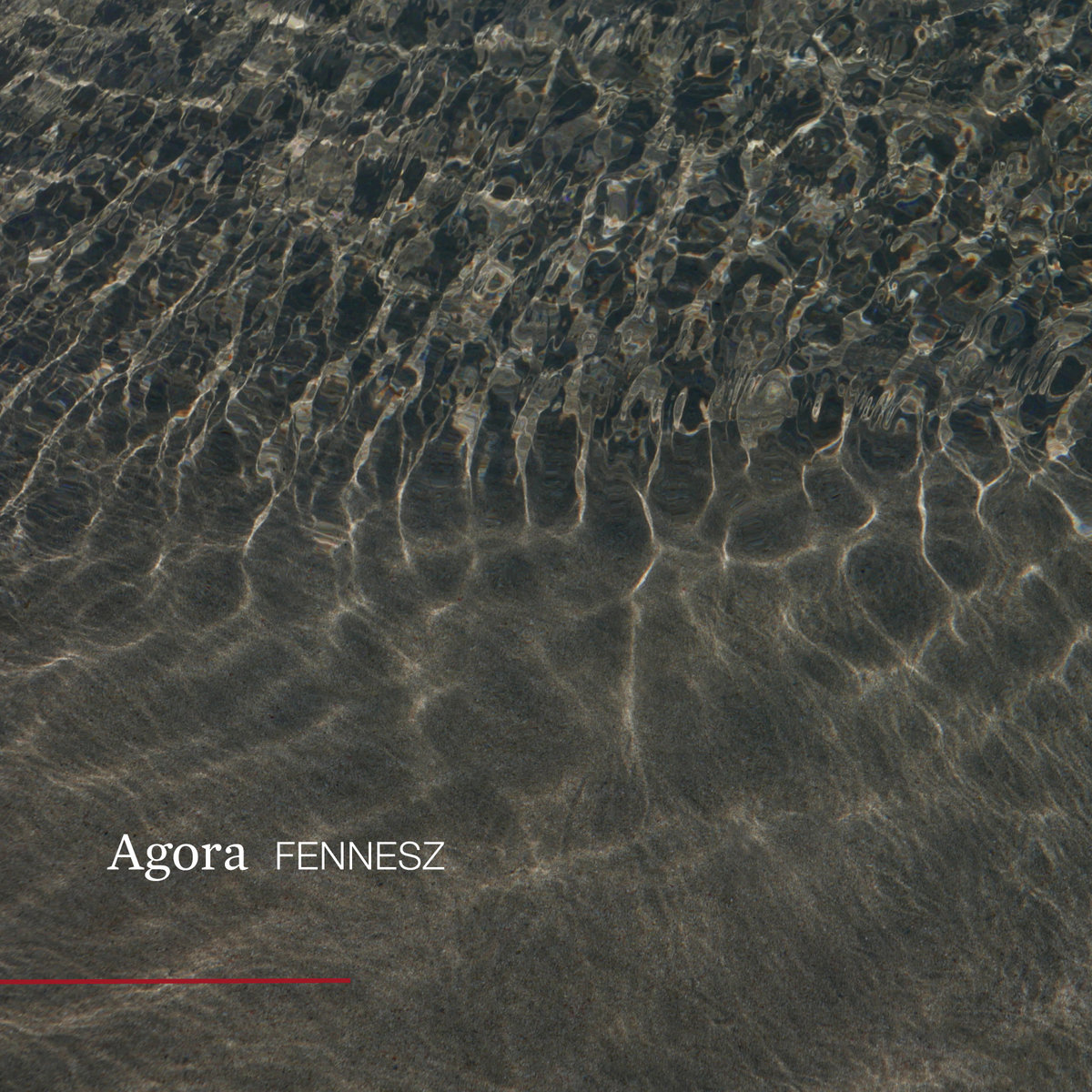Ble ikke heeelt overbevist. Litt "pop sanger prøver å synge opera" feeling. Føles litt uforløst ut, men Beth Gibbons gjør sikkert sitt beste med den stemmen hun har.
Litt mer kjøtt på benet:
Portishead, the band Beth has fronted for nearly 25 years, was playing at the Sacrum Profanum festival in the reclaimed steelworks in Nowa Huta: a giant, forbidding industrial complex on the outskirts of one of Europe’s most beautiful and contradictory cities. Between soundcheck and gig, Filip Berkowicz, the promoter, casually suggested that Beth could sing Henryk Górecki’s third symphony, the Symphony Of Sorrowful Songs (Symfonią pieśni żałosnych). The seed was sown.
Beth struggles to stay still, which steers her toward the unexpected. When it comes to promoting records, she has withdrawn from interviews, where she feels awkward. When making an album away from Portishead, she teamed up with Paul Webb, late of Talk Talk, and turned out a series of beguiling songs (Out Of Season). When the world expected a new Portishead album, Beth scored two French arthouse films (Diane Bertrand’s L’Annulaire and Baby Blues) instead.
It was central to the performance that Beth could find her way. She tried and re-tried different interpretations of the piece, not wanting just another rendition. The other challenge was the music itself. Beth’s voice is, in classical terms, a contralto; Górecki wrote for a soprano, one register higher. While she had ventured into the soprano range before – the chorus of ‘All Mine,’ from Portishead’s second album, for instance – she hadn’t spent a sustained stretch of time there in performance. So she had vocal coaching – from Caroline Jaya-Ratnam in England, then Anna Marchwinska from Poland, with whom she also refined the pronunciation.
But Beth’s guiding principle, into which she packed all the technicalities of performance and language and character, was to engage emotionally with the piece. Whether singing one of her own lyrics – ‘Who am I? What? And why?’ or one of the symphony’s – ‘Kajze mi sie podziol mòj synocek miły?’ (‘Where has he gone, my dearest son?’) she is aiming at a direct emotional injection from performer to audience. In the voices of the symphony’s text, as in life, she is a mother and daughter.
Rehearsals took place in the NOSPR in Katowice, under the direction of Krzysztof Penderecki. Beth brought on board another long-term collaborator, artist John Minton, to prepare a visual backdrop to the performance – a series of focal points: a wall of lichens; an endless corridor; the undulating flame of a candle. On 29th November 2014, all the detailed and difficult work came to its conclusion at the National Opera Grand Theatre in Warsaw. The apparent simplicity of Górecki’s third symphony – its straightforward harmonies and rhythmic regularity – is belied by the score; this is not an easy piece for any of the performers.
Dynamic changes happen over vast stretches of time; canons build and interweave; there are sustained stretches in which singer and orchestra have to keep the music hovering, almost still – the same effect you witness when a bird coasts alongside a boat at the same speed: everything is moving but seems motionless. And the texts themselves bear the same contradictions – simple language and exposed sentiments, beneath which are pain, loss, tragedy and horror.
Authenticity; directness; simplicity – all pleasing effects; none achieved without total commitment and engagement. ‘She sang in her own way,’ read one review. Beth’s way is often the long way; corners aren’t cut. Pablo Casals was once asked why, at the age of ninety and widely regarded as the finest cellist in the world, he was still practising every day. ‘Because,’ he said, ‘I think I’m making progress.’
The concert, given by the Polish National Radio Symphony orchestra under Krzysztof Penderecki, opened with the conductor’s own Polymorphia (1961), a radical piece of string writing for which the composer had to devise his own notation. Jonny Greenwood’s witty 48 Responses to Polymorphia (2011) followed, with the 48 string players all echoing some of the percussive effects of Polymorphia by doubling on pacay bean shakers. Next came Witold Lutosławski’s Muzyka żałobna (1958), a twelve-tone composition dedicated to Bela Bartók, before the first half concluded with the world premiére of Bryce Dessner’s Réponse Lutosławski (2014), the first explicitly tonal piece of the evening, full of nods not only to Lutosławski but also to minimalism. Górecki’s Symphony No.3 occupied the whole second half of the evening.
What used to be rather sniffily termed ‘crossover’ – different musical worlds meeting – came bearing an expectation of collision. With members of Portishead, Radiohead and The National collaborating with three of the greatest Polish composers of the Twentieth Century, one of them in person, the concert cohered beautifully. Here was not collision, but cocktail: voices and outlooks blending and co-habiting in a brave, brilliant and unforgettable evening.










